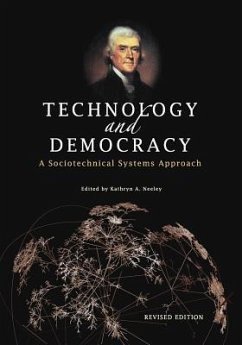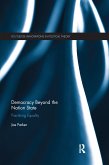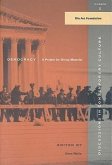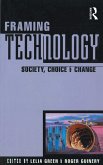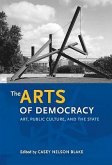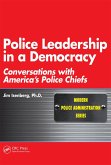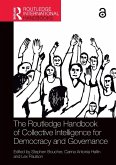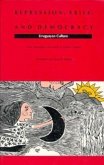We tend to define 'technology' as devices and 'democracy' as majority rule. Given these narrow definitions, the two often seem related to each other only in special cases such as electronic voting machines or the use of the Internet in political campaigns. Once we broaden our conceptions by recognizing technology as a goal-driven human activity and democracy as a set of ideals and beliefs as well as political institutions and procedures, the connections between technology and democracy become much clearer and assume greater importance. This collection of readings illuminates the connections between technology and democracy by providing a comprehensive but compact introduction to a wide-ranging conversation that focuses on three fundamental questions: -What does it mean to be human? -How should human beings order our lives so that we not only survive but flourish? >Using the disaster surrounding Hurricane Katrina as a unifying thread, these readings are designed to help both citizens and engineering professionals make more thoughtful collective and individual decisions about technology. Kathryn A. Neeley is associate professor of Science, Technology, and Society in the School of Engineering and Applied Science at the University of Virginia, where she has taught since 1979. She holds B.A., M.A., and Ph.D. degrees in English, but her entire career has centered on interdisciplinary research and teaching. Her research focuses on the cultural history of science and technology with an emphasis on two areas: (1) facilitating meaningful dialogue about technology between experts and non-experts and (2) optimizing the contribution of the humanities and social sciences to engineering education. This book reflects those long-term interests but is also a product of a new interdisciplinary initiative focused on technology and democracy.
Hinweis: Dieser Artikel kann nur an eine deutsche Lieferadresse ausgeliefert werden.
Hinweis: Dieser Artikel kann nur an eine deutsche Lieferadresse ausgeliefert werden.

